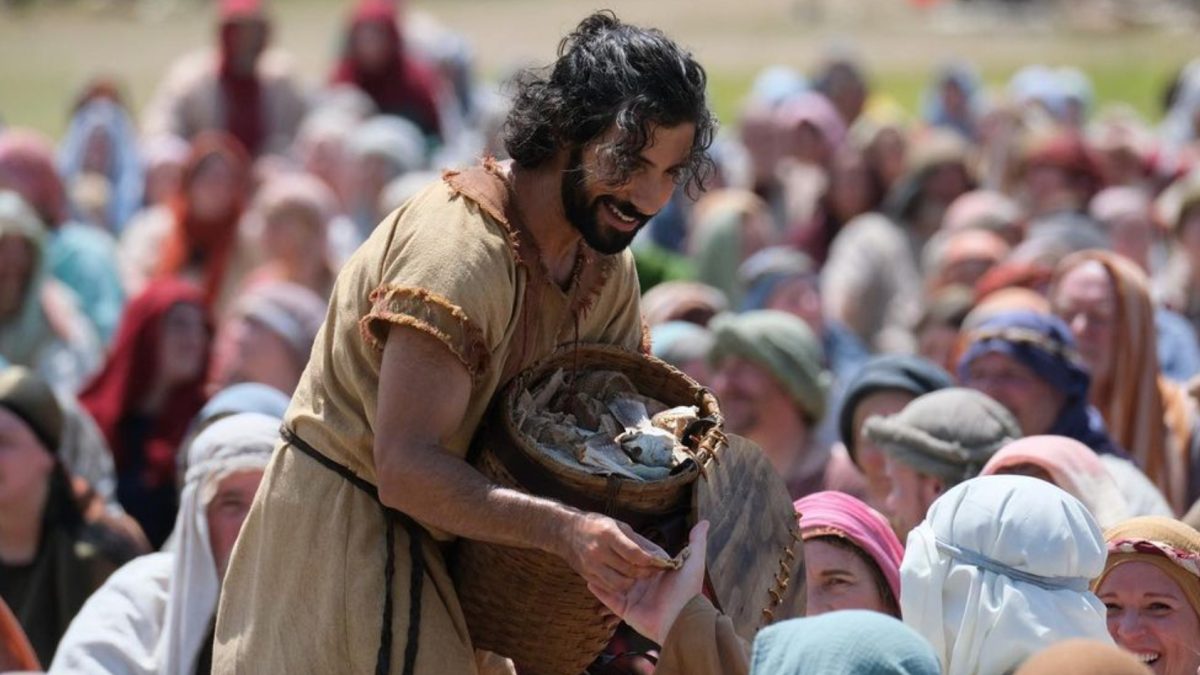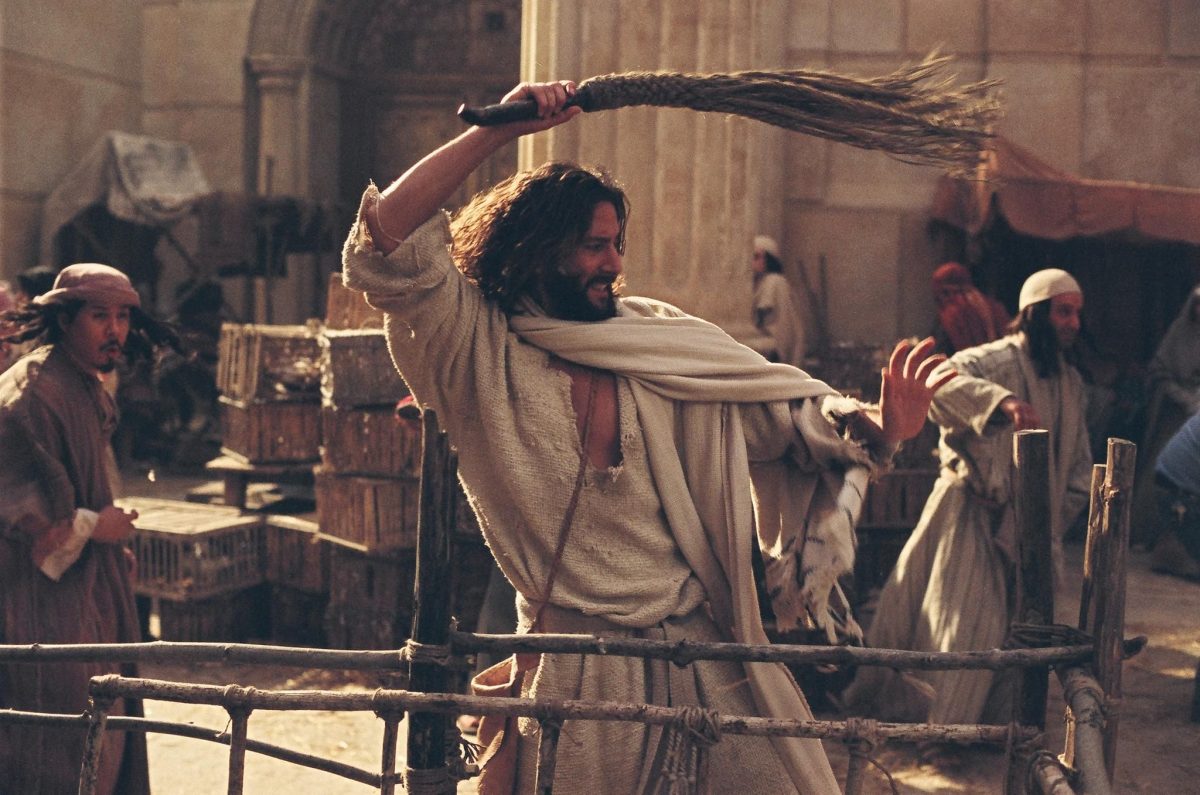Focal Passage: Psalm 139
About a year ago, my insurance provider told me that my health plan dropped the internist and cardiologist l went to for 20-plus years. That’s insurance-speak for, “They wouldn’t agree to what they can charge and what we will pay.” That’s the health-care business in today’s America. I began to look for new doctors within the provider’s plan.
I found a new internist quickly enough. I like her, but to be honest, I didn’t know “teenagers” were allowed to practice medicine. Goodness! She looks young! She certainly seem skilled and current on the most modern medical procedures and practices, maybe even more so than my “old” doctors. May all that new knowledge prove beneficial to my health. That’s the hope.
Aside from the endless paperwork, finding a new doctor came with the inevitable need for her to personally verify my health status. Despite having my old records transferred, my new physician insisted on conducting her own series of tests, scanning, probing, and imaging almost every part of me
When I asked if the new tests were necessary, she said she could only tell so much by looking at past records. She wanted to search what is hidden to reveal the good and the bad, the beneficial and harmful, so they could know me better, inside and out. Okay. Fine.
My angst associated with all this testing, other than the cost of meeting my deductible, was that she might actually uncover something that I’d rather not think about or deal with. This new, young internist, a female version of Doogie Howser, M.D. (for those old enough to remember ‘90s television), sensed my discomfort.
She reached over, patted my hand, like she might her own doddering grandpa, and told me not to worry. If they found anything, she’d find a way to treat it and put me on a path to healing and a healthy future. Her compassion felt sincere. Plus, you’ve got to respect the unbridled confidence.
The good news for me is that none of those tests, scans and probes uncovered anything worse than the need to lose 30 pounds. Mission accomplished.
I had not given that much thought over the past few months until I read Psalm 139 this week. David wrote of his own experience with the Great Physician. I so love this Psalm in its entirety because it tells you and me that we are deeply loved and fully known by God! The Almighty! The Creator of the Universe!
Stunning! Absolutely amazing!
David, the presumed writer of this Psalm, marvels at how God knows us perfectly. Every action. Every undertaking. Even the manner in which we pursue each step of life before we take that first stride. He knows our thoughts before they are fully crystalized in our own minds. God is always present with us. There is no place we can hide from him, a fact that is surprisingly more comforting than threatening. David feels God’s presence with him through every aspect of life.
God knows these things about David because he has already run the scans. He’s already examined the shepherd king. You see, to David, God’s knowledge stems from knowing him before the creation of the world, while he was yet a dream in the hearts of his parents. David recognizes that he was “fearfully and wonderfully made,” not just physically, but in the very fabric of who he is…his emotions, his personality, his interests, his relationships. Psalm 139 is a celebration of the divine care provided by the Great Physician.
What David understands for himself, we must understand for ourselves. You and I are known by the same God who knew David and we’re known just as well.
Let me encourage you. Stop reading this right now and read Psalm 139 from that perspective. Then, you can come back and finish this.
I read Psalm 139 from beginning to end this week…a couple of times. It was the beginning and the end that kept calling me. Look at the beginning.
O Lord, you have searched me and known me. (Psalm 139:1)
The Hebrew word haqar translated as “searched” means more than a cursory TSA scan or pat down. Haqar suggests to search out, investigate, explore or probe. It means taking a deep dive into something to learn all one can learn about the subject. To go beneath the surface to uncover the hidden things.
So Psalm 139:1, tells me that what was true for David is true for us. You and me. Before the world began, God thoroughly and intimately investigated or probed everything about us. The scan probed not only the person we let everyone else see, but also the person we hide from even our closest friends. The person we try, at times, to hide from God. God explored every strand of our spiritual DNA. He did all of this while still deciding where to hang the stars.
There is more to this opening verse. Yada, the Hebrew word for “known,” expresses intimacy, perception and understanding. Because he searched so deeply, he knows what makes us tick. He understands how we will respond to any situation. Hear it in David’s prayer. He acknowledges God knows when he sits or stands, knows what he’s thinking even before those thoughts gel in his own mind. God is “familiar with all my ways” and “even before a word is formed on my tongue, you know it completely.”
For someone like me who spent a career measuring his words and someone whose innate shyness and hidden insecurities often kept people at arms-length, that can be a scary proposition. God knew my thoughts before I had them. My words before I spoke them. God knew me intimately before I was born.
While I do find it a little convicting, I find it far more comforting. There is someone out there who knows me both as the person I am and the person I was created to be.
God sees every sin. Every tumor of disobedience showed up on his scans. Every hidden sin, bad attitude or break from his righteousness that I try to hide showed up on my x-rays. That’s convicting. Because of his intimate knowledge of what makes Kirk “Kirk,” he also knows who I can be if I only do what the doctor ordered. That’s so comforting.
Just as I am fully known by God, I am fully loved by God. For everyone struggling to live up to what we perceive as God’s expectations, that is music to our ears.
As David reflects on all the ways he is known and still loved, he ends this beautiful poem with the desire for more tests to be run.
Search me, O God, and know my heart; test me and know my anxious thoughts. See if there is any offensive way in me and lead me in the way everlasting. (Psalm 139:23-24)
Note the intentional similarities between verses 1 and 23. The former usage, stated in the past tense, shows the psalmist’s realization that God has already studied in depth who he is and who he can be. That God knows him inside and out because he scanned his innermost being.
The grammatical shift in verse 23 moves from past tense to an imperative. The psalmist expressed an urgent plea for the God to keep looking into his heart. Keep testing and probing his every thought and deed. David knew that to become the man God wanted and needed him to be, he must allow God to continually assess his motivations, measuring how he thinks, believes and acts. David, like any good patient who wants to stay healthy, asks God in no uncertain terms, “Keep running your tests. Keep searching my heart.”
Why?
David’s prayer essentially says, “God, during your search, if you find me doing something I should not be doing, being something I shouldn’t be, lead me toward your righteousness. The plea is no longer only a theological observation of an omniscient and loving God as it was in verse 1. It is a personal prayer of surrender and openness to the God who knows and loves him.
Shouldn’t that be my prayer every day? The prayer of every believer every day?
Our desire cannot be that God should know us in the abstract. David wanted to tap into that knowledge to help him become a better man. That ought to be our mindset. It ought to be our prayer that God would search our hearts and identify for us the issues within, so we can ask our Great Physician to remove the hurtful parts of us and to put us on the path that Jesus walked. To be more like him. The eternal path.
God’s refining and healing work to not just open the doors to eternal life, but to enable us to walk each day on the path that aligns with God’s eternal purpose and will. A life reflective of God’s character and truth. Daily living in obedience, faith and integrity shaped and measured by God’s eternal purpose.
The entire Psalm blesses and humbles me. That God has known me from the beginning of time and still loved me enough to offer his son to bear the burden of sin that was mine to bear, reveals a love of unfathomable depth. That he knows me as well as he does and still engages with me, is mercy unimaginable. What a blessing!
Be reminded that you have purpose and value in God’s eyes. This Psalm is a humble invitation to God to look deeply into our hearts, discover every malignant and sinful tumor within us and treat it. To put us on a path of righteous healing and healthy spiritual growth.
Be comfortable in God’s presence. Live transparently before the God who knows us better than anyone…even better than we know ourselves.
There is something so very comforting when the Great Physician runs his tests. Let him pat your hand like you are his doddering old grandpa. His compassion is sincere.
Let him tell you not to worry…that if he finds anything, he’ll find a way to treat it and put you on the path to healing and a healthy future.
I promise. You will find your strength in his unbridled confidence.
Thinking Points
Why does God “searching” and “knowing” you so deeply make you feel comforted, or anxious or both?
Can you think of a time when you felt being “seen” or “known” by God? How did that experience affect your relationship with him?
David prays for God to continue searching him and revealing any hidden issue. What areas of your life are you willing (or hesitant) for God to probe right now?
In what ways does knowing that God truly understands and knows who you’ve been, who you are and who you can be help you face your own weaknesses, sins or fears?
How does the metaphor of God as the Great Physician shape your understanding of spiritual growth and healing?


